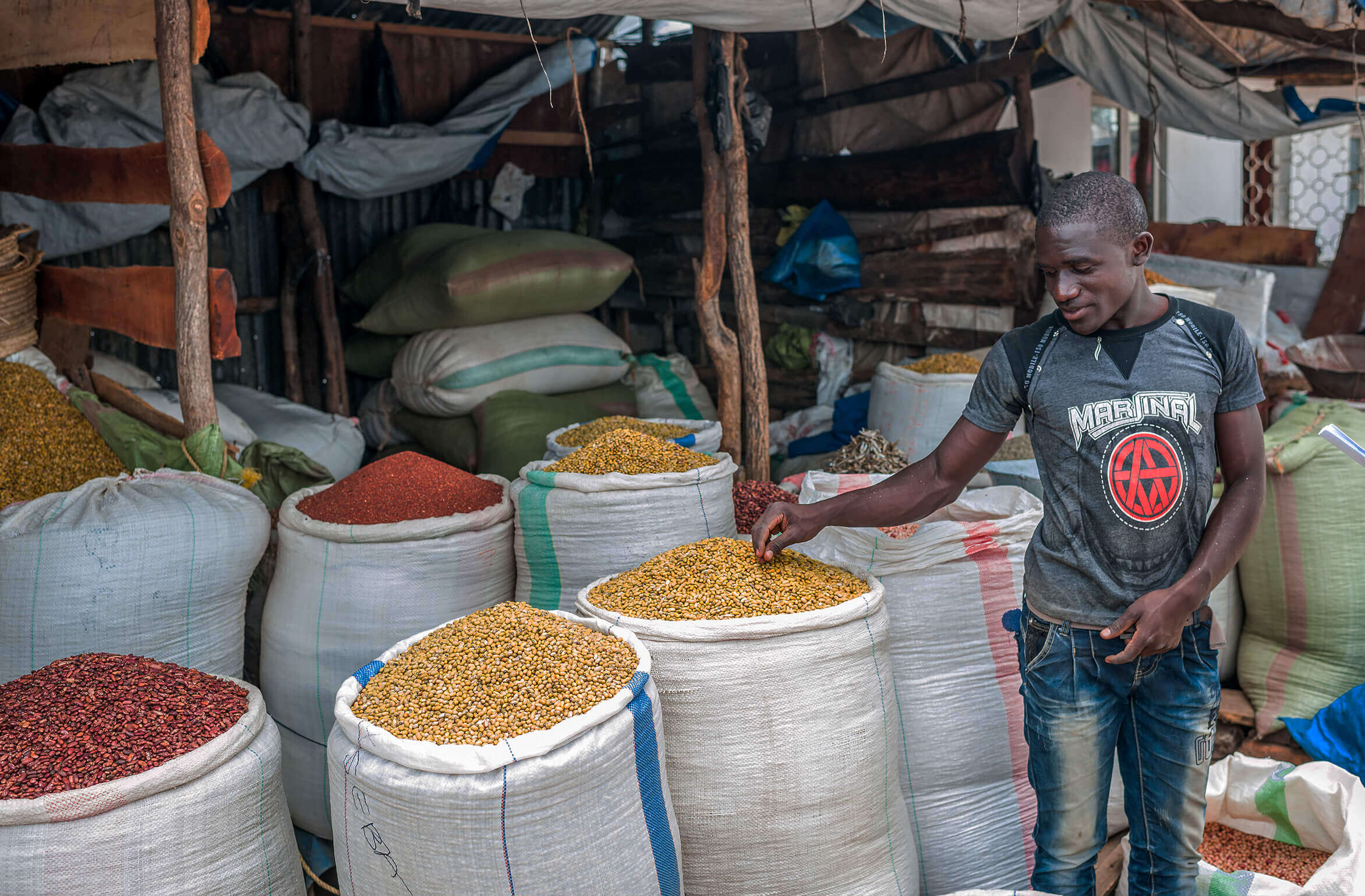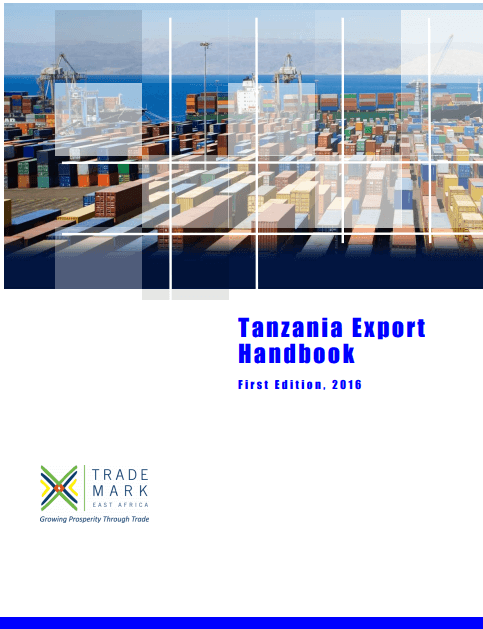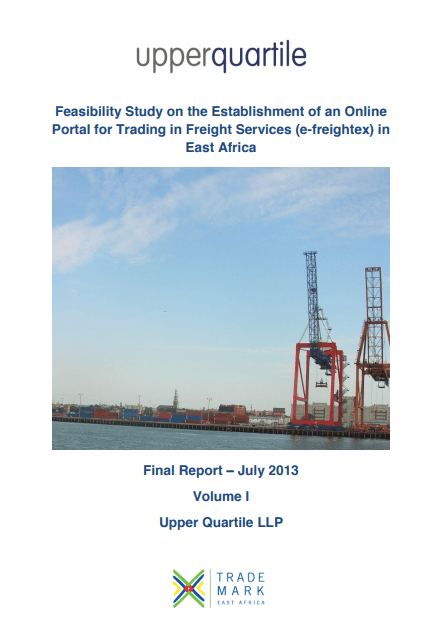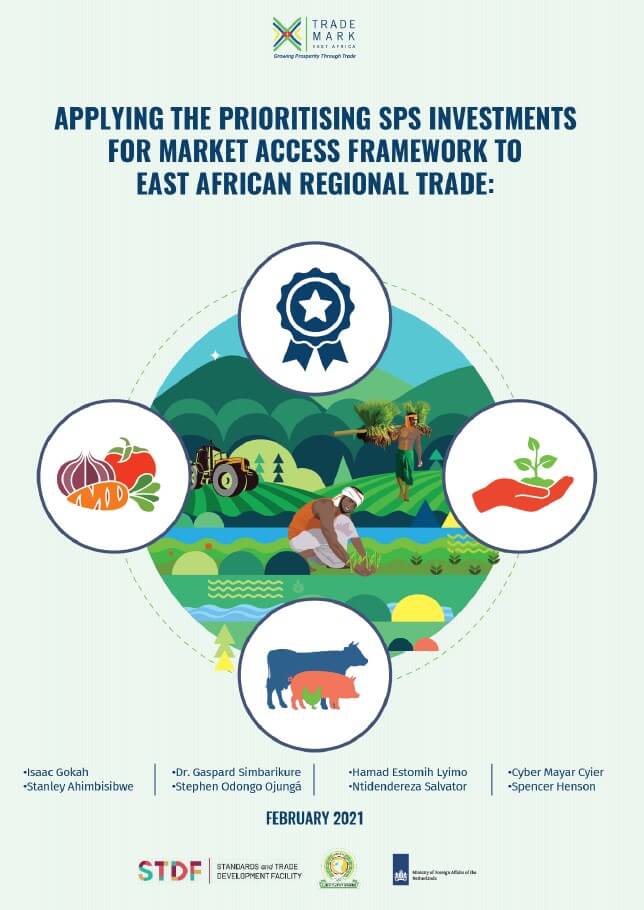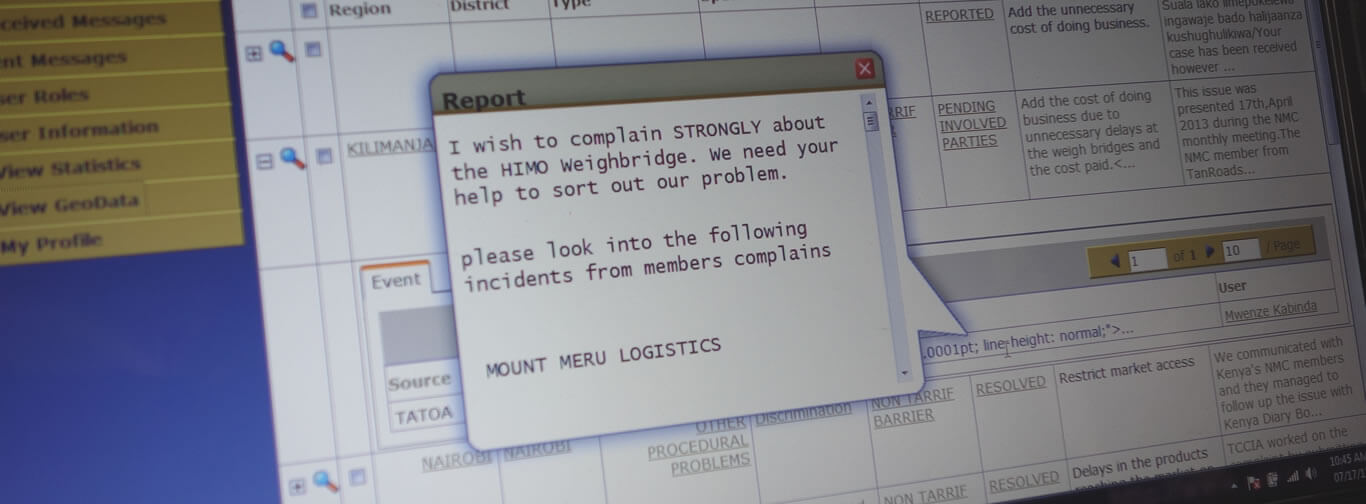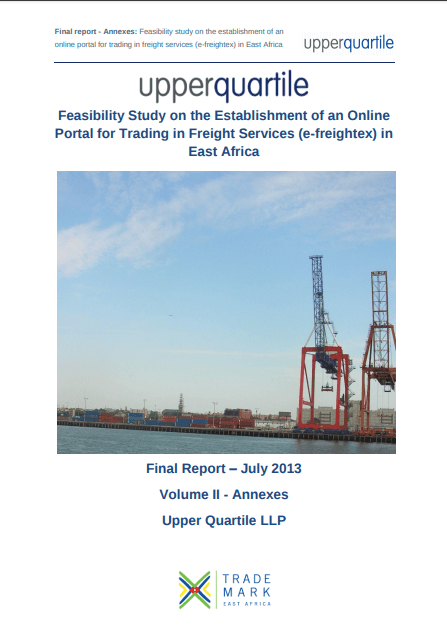[vc_row][vc_column][rev_slider slidertitle="TBS Testing" alias="tbs-testing" offset=""][/vc_column][/vc_row][vc_row][vc_column][custom_inner_menus select_menu="project"][/vc_column][/vc_row][vc_row][vc_column][single_project_block_1 heading="TBS Testing" implementor="Tanzania Bureau of Standards" target_group="Importers and Exporters in Tanzania" project_value="US$ 2,923,200" implementation_period="2011 - 2019" download_btn_text="Download Project PDF" download_btn_link="#url"]The existing standards frameworks in Tanzania, which is overseen by TBS, faces challenges of policy, administrative, regulatory and enforcement nature. These challenges have hampered TBS’s capability to offer quality service to its stakeholders, develop market oriented standards, and foster the uptake and adoption of standards by the business community. What: Tanzania Bureau of Standards (TBS) with the support of TradeMark Africa (TMA) is embarking on a process of improving its service delivery mechanisms to its stakeholders in Tanzania. Part of this improvement includes capacity building and boosting of operational efficiency initiatives targeting its internal and external stakeholders. Key expected results include; Increased Adoption, Use and Compliance with Standards Regulations by MSMEs Increased Efficiency in the Administration of Standards Licensing and Inspections Improved National Quality Infrastructure Regulatory Regime (NQIRR) Improved Capacity to Deliver Services Consistent with Regional and International Standards. How: The project will assist TBS in the development of a training program on Standards, targeting MSMEs using conventional training methods suitable for businesses - using both analogue and digital platforms. It will also support TBS on the development of an integrated Standards, Quality, Metrology and Testing (iSQMT) system that will automate the key administrative processes used by TBS to offer services to its stakeholders; Develop National Quality Policy Framework to establish guidelines and procedures in the development, administration, regulation and enforcement of standards in Tanzania;...
TBS Testing
Posted on: April 5, 2017
Posted on: April 5, 2017

